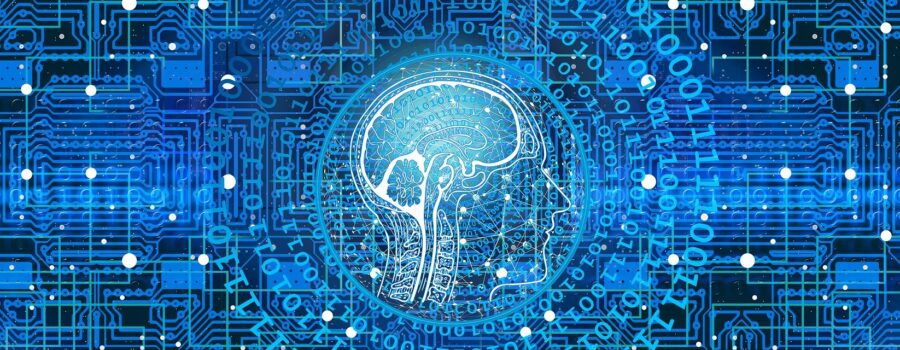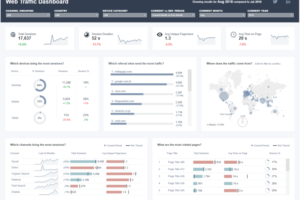Artificial Intelligence, or AI, is a rapidly growing field that is changing the way we live and work. AI is a branch of computer science that focuses on creating intelligent machines that can perform tasks that typically require human intelligence, such as speech recognition, decision making, and problem solving.
In this blog, we’ll explore the basics of AI and its advantages and disadvantages.
What is Artificial Intelligence?
Artificial Intelligence is a form of technology that is designed to mimic human intelligence and behavior. It involves the development of computer systems that can perform tasks that typically require human intelligence, such as understanding natural language, recognizing images and patterns, and making decisions.
Advantages of Artificial Intelligence
Increased Efficiency and Productivity
AI-powered systems can process large amounts of data at a much faster rate than humans, leading to increased efficiency and productivity.
Improved Decision Making
AI algorithms can analyze vast amounts of data and provide insights and recommendations, improving the accuracy and speed of decision making.
Increased Accuracy
AI systems can perform repetitive tasks with greater accuracy, reducing the likelihood of human error.
Cost Savings
AI systems can automate many tasks, reducing the need for human labor and resulting in cost savings for businesses.
Improved Customer Experience
AI-powered chatbots and virtual assistants can provide instant customer support, improving the overall customer experience.
Disadvantages of Artificial Intelligence
Job Loss
The automation of certain tasks through AI can result in job loss for human workers, particularly in industries such as manufacturing and customer service.
Bias and Discrimination
AI systems can be trained on biased data, leading to discriminatory outcomes and perpetuating existing inequalities.
Lack of Empathy
AI systems lack the emotional intelligence and empathy that humans possess, which can negatively impact customer experience and relationships.
Security Concerns
As AI systems become more prevalent, there are concerns about the potential for cyber attacks and the exploitation of vulnerabilities in AI systems.
Ethical Concerns
As AI systems become more advanced, there are growing concerns about their potential to impact society, including issues related to privacy, accountability, and control.
In conclusion, Artificial Intelligence is a rapidly growing field with the potential to transform the way we live and work. While AI offers many benefits, such as increased efficiency and improved decision making, it also presents challenges, including job loss and ethical concerns. As AI continues to evolve, it’s important to consider the potential impact of this technology and to ensure that it is developed and used in a responsible and ethical manner.





